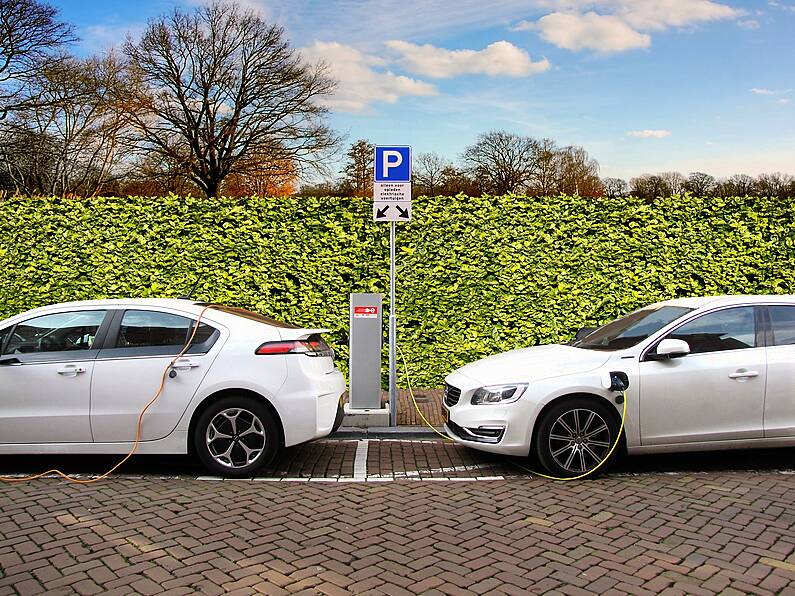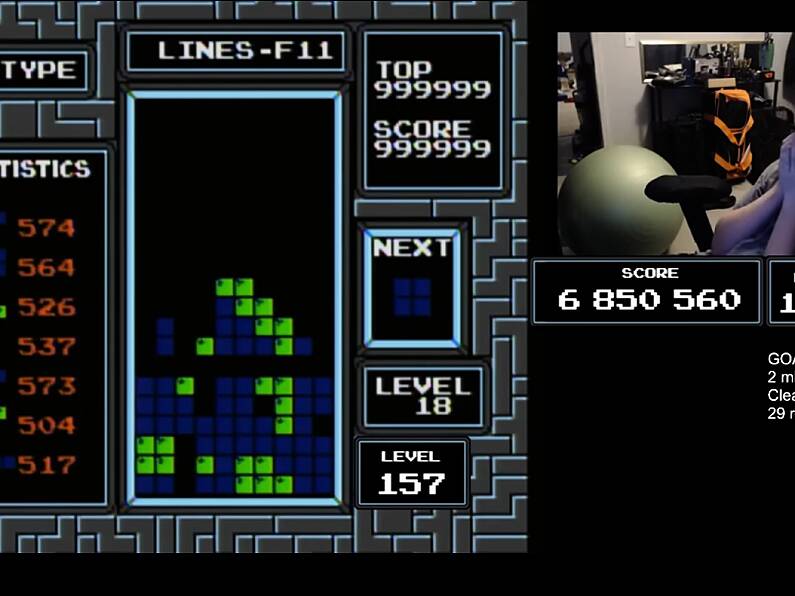ESB has welcomed this morning's announcement of €10m in the first round of Government funding under the Climate Action Fund.
The ESB’s proposal for a national high-power electric vehicle charging network in Ireland is one of seven projects to share the €77m in funding that would leverage an additional €220m in private sector funding.
It is hoped the seven projects will reduce emissions by 200,000 tonnes a year.
The €77m will go to the seven projects below:
- €10m for ESB eCars to develop a national vehicle charging network.
- €8.5m to Gas Networks Ireland to support a facility which allows renewable gas to be injected into the grid.
- Up to €20m to develop the Dublin District Heating System, utilising waste heat from the Poolbeg Incinerator to heat homes and businesses.
- Another €4.5m is being allocated to South Dublin County Council to develop a district heating system.
- €15m for Irish Rail to trial hybrid engines on its fleet.
- €17.5m to upgrade 326,000 public lights to high-efficiency LED.
- A further €1.4m to reduce fuel consumption across the freight industry.
The ESB's original car charging infrastructure is almost 10 years old and the firm says it needs to be expanded and upgraded to support the Government’s aim to de-carbonise transport in Ireland.
Marguerite Sayers, Executive Director Customer Solutions at ESB, said the funding is the most significant moment in the e-mobility story in Ireland.
She said: “Enabling the electrification of transport is a key part of ESB’s Brighter Future strategy to tackle climate change. We are committed to supporting the Government’s ambition to have over 500,000 electric vehicles on Irish roads by 2030.
"Critical to achieving this ambition will be the availability of a reliable, country-wide public charging network, that can facilitate the charging needs of significant numbers of electric vehicles, eliminate ‘range anxiety’ and enable seamless EV travel across the island of Ireland.”
Ms Sayers also outlined ESB’s Climate Action Fund proposal for a high power charging network across Ireland.
She said: “Our proposal is to install over 100 high-powered (150kW) chargers at key locations on the national road network. These chargers which will typically provide an additional driving range of 100km in six minutes.
"In addition, subject to planning permission and approval, we intend to replace 100 50kW fast chargers which can recharge a car to 80% in 25 minutes and to also refurbish up to 200 standard (22kW) chargers.”
- Digital Desk






